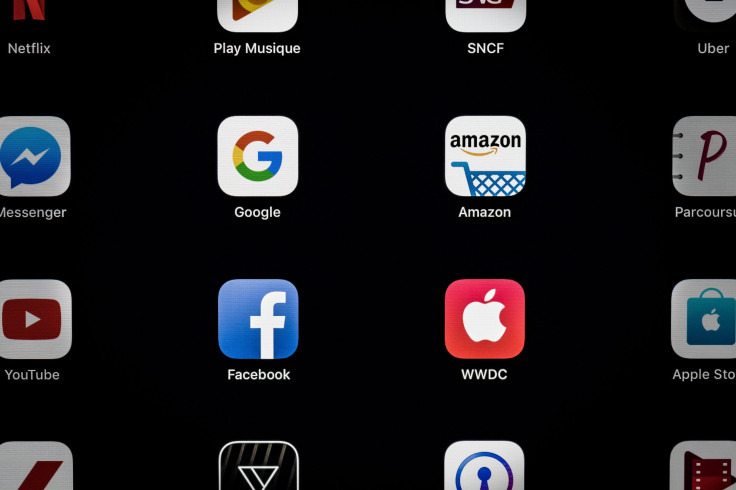Execs From Google, Apple Express Support For Federal Data Protection Regulation

The clash between Silicon Valley and Capitol Hill over user privacy continued Wednesday, as major tech and communication firms testified before the Senate Committee on Commerce, Science and Transportation, under the aim of creating legislation to regulate data privacy.
The hearing included executives from AT&T, Amazon, Google, Twitter, Apple and Charter Communications. Reuters obtained a document outlining Google’s testimony Tuesday that included Google chief privacy officer Keith Enright acknowledging the company's contentious record on privacy.
“We acknowledge that we have made mistakes in the past, from which we have learned, and improved our robust privacy program,” Enright’s testimony read.
The company was not specific about what it had done wrong. Google has come under fire for the amount of data it collects on users of its search engine, its Android operating system and more. Google in August was hit with a lawsuit alleging the tracking of Android users’ physical locations, even if they had turned off an option in their mobile devices that seemed tied to that functionality.
The purpose of the hearing, which was still going on at the time of writing, was to examine the state of data privacy in the U.S. on the way to eventual federal legislation. Committee chairman Sen. John Thune (R-S.D.) opened the event by talking about such a law as an inevitability, rather than a dream of those who want more transparency in how tech companies use data.
“The question is no longer whether we need a federal law to protect data privacy,” Thune said. “The question is what shape that law will take.”
In their opening statements, several of the company executives expressed support for federal regulations for data privacy. Many of those companies had to change their terms of service earlier this year with the advent of the European Union’s General Data Protection Regulation, or GDPR.
GDPR gives consumers sweeping protections from data misuse by tech companies. Those companies are required to be more transparent with how they use consumer data in Europe, and many of those present at Wednesday’s hearing were at least nominally in favor of similar laws in the U.S.
The E.U. recently threatened Facebook and Twitter with sanctions if they did not fully comply with GDPR regulations by the end of the year.
© Copyright IBTimes 2024. All rights reserved.











